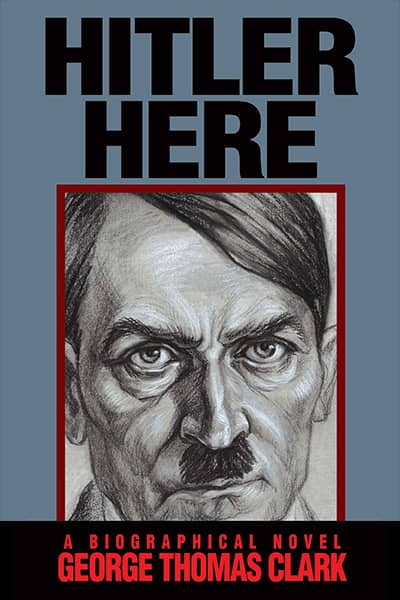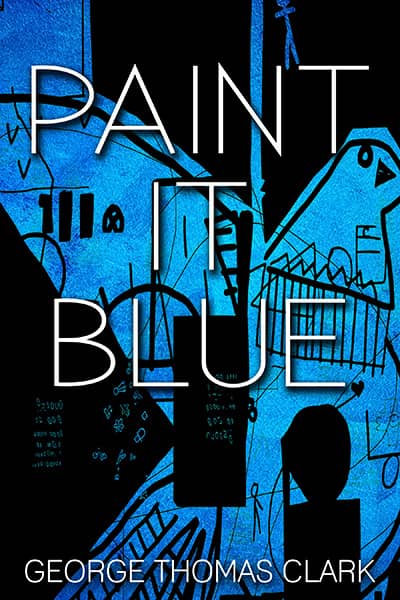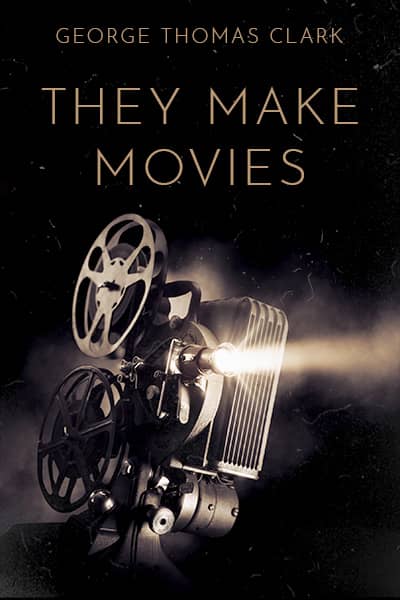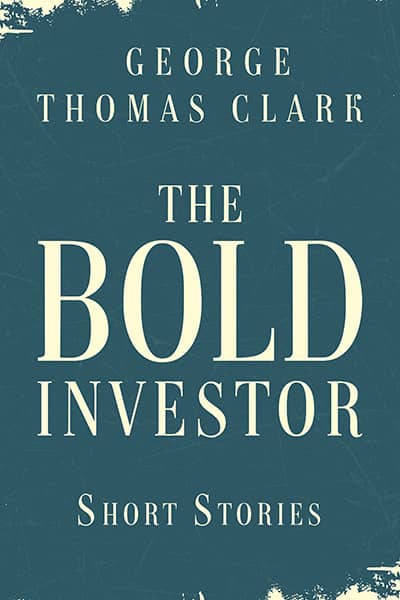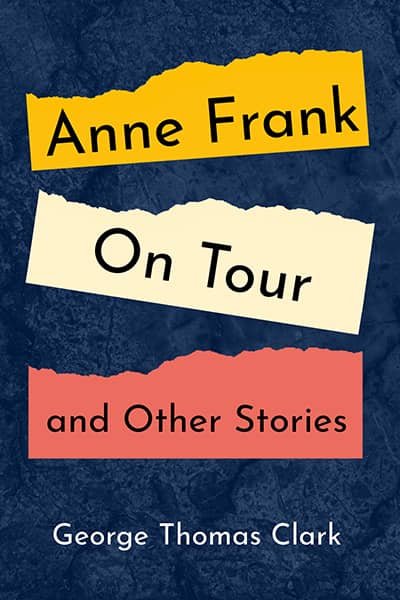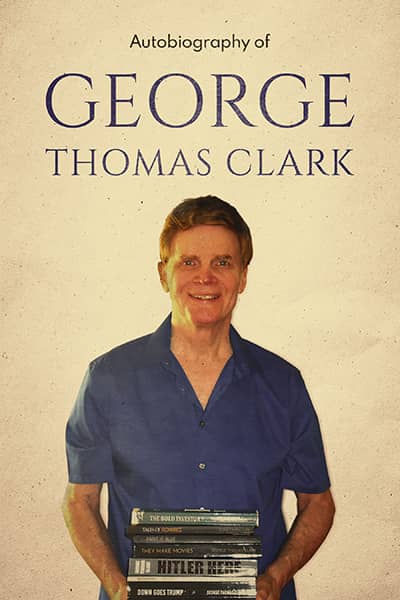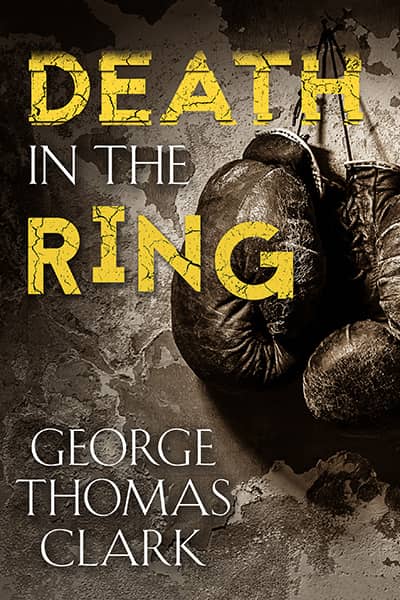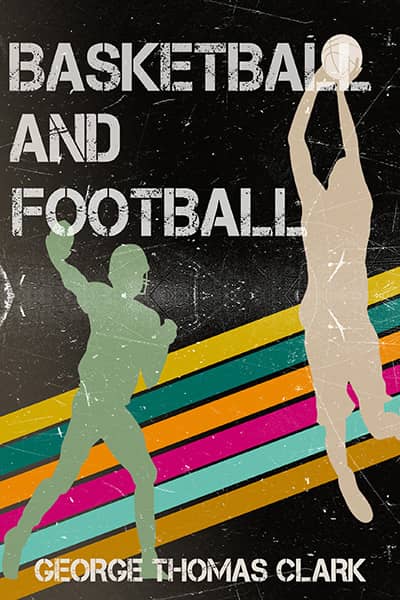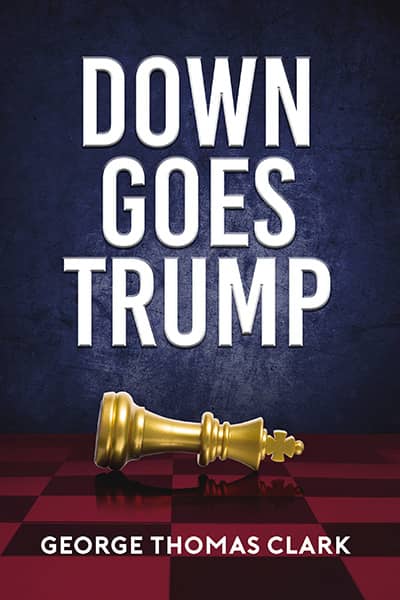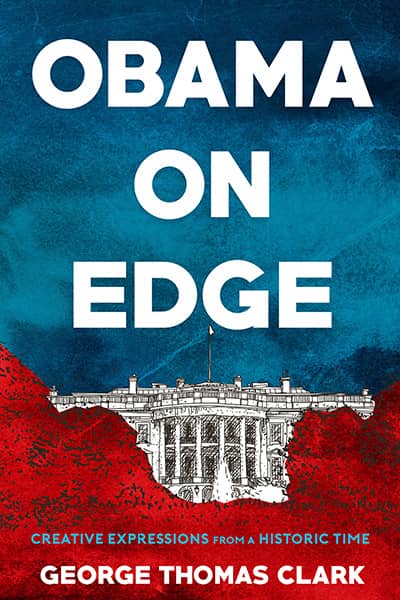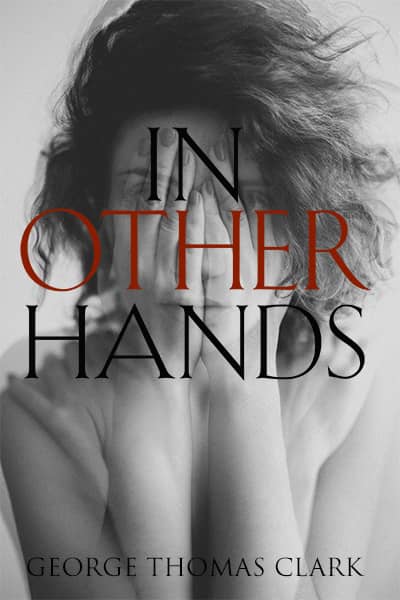Jackie Robinson is Alive in Pasadena
July 12, 2005
Be careful. Don’t get online and type in words that could summon photos of a gray and disintegrating Jackie Robinson days before his death at age fifty-three in 1972. Even if you’ve just seen “National Pastime,” the acclaimed play about his life, resist the urge to research. Instead, buy a large, home-baked cookie as you leave the intimate Fremont Centre Theatre in Pasadena, where Robinson was raised, and drive around dreaming every house is large and beautiful and surrounded by trees, and the shops and restaurants are all elegant, and everyone here is healthy and eternally young. There’s no need to look beyond the ending of the play in 1962 when Robinson is elected to the baseball Hall of Fame and Branch Rickey, the old Brooklyn Dodger general manager who’d sponsored his transformational entry into the Major Leagues, asks him how things are with the diabetes. You know where that leads.
Head the other way and cruise down Colorado Boulevard by Pasadena City College and remember as a teenager Jackie Robinson long jumped more than twenty-five feet almost seventy years ago. The school is old but it’s a new old like new and chic Old Town Pasadena. This community may have been about old money and old art and the old Rose Bowl, but now it’s very contemporary and happening here. You can feel it. Jackie Robinson would like it much more than Pasadena of the 1930’s when he and several siblings and other relatives lived with his mother in an unbeautiful place and were barred from swimming in the local pool except on weekly black-only days. Mallie Robinson had been abandoned in Georgia by a philandering, sharecropper husband and came West because she’d heard it was closer to heaven. That was the dream; fact is she cleaned white people’s houses and struggled economically. It didn’t help when Jackie’s older brother Mack won the two-hundred meter silver medal in the 1936 Olympics in Berlin, finishing just behind Jesse Owens, and returned home to become a street sweeper.
Jackie Robinson saw relief only on the local fields of athletic play. He was the best athlete and the most competitive, and some childhood friends remember him as a rather unpleasant fellow obsessed with “win, win, win” whatever the game. At UCLA he was indifferent in the classroom but became the first and still only four-sport letter-winner, starring in football, basketball, baseball, and track. Actually, in college he wasn’t special playing baseball; mastery of the other sports came more quickly. He quit school three months short of graduation. No lucrative pro contract awaited him; in that era whites signed small contracts and blacks didn’t have anything to sign. He took a low-paying job out of town but quit and returned to the football field for the college all stars, and in August 1941 caught a touchdown pass against the best team in the world, the NFL champion Chicago Bears.
World War II soon overturned everyone’s life. Robinson was drafted and applied to become an officer but was turned down without review. One of his army buddies – Joe Louis – intervened with a letter of protest to Washington, D.C. that loosened the chains of prejudice and allowed Robinson to start officer training. Not long thereafter, the South’s Jim Crow laws of segregation were invoked in Camp Hood, Texas; a bus driver ordered Lieutenant Robinson to move to the back of a bus. He refused, and their verbal exchanges became vitriolic. At the station the driver and some military personnel who’d been summoned called Robinson a nigger. He responded with anger and indignation. The result in a different time: he was arrested and court-martialed. On the witness stand Robinson said his grandmother had been a slave and told him “a nigger is a low, uncouth person, and pertains to no one in particular; but I don’t consider that I am low and uncouth. I am a negro, but not a nigger.” Several higher-ranking white officers testified that in their units Robinson was highly regarded and his colonel stated he’d be satisfied leading Robinson in combat. That support led to acquittal.
The most challenging part of Robinson’s life began after the war. Branch Rickey knew the national pastime had to be opened to all ballplayers. Human dignity demanded it, and so did the need for athletes both fast and powerful. Rickey and his scouts examined players in the Negro League, looking not only for a prime talent but a man who could be strong enough not to strike back after being cursed or threatened by fans and opposing players, and likely shunned by some of his teammates. That man, who Rickey tested with a barrage of epithets, was Jackie Robinson. He would become the first black player in Major League history. The breakthrough came in 1947, and its significance was far more about society than sports. The message was unequivocal: opportunity is for everyone. Jackie Robinson thus became a symbol of liberation years before landmark laws for school integration and voting rights.
“National Pastime” presents many poignant events from Robinson’s life, and playwright Bryan Harnetiaux’s witty and incisive dialogue enlivens the historical moment. The most significant performance is Frank Ashmore playing Branch Rickey with such warmth and style and integrity the character will not be forgotten by anyone present. Robinson’s supportive wife Rachel is portrayed by the lovely actress Denise Boutté. And Jackie Robinson is played by energetic Jed Reynolds, right out of UC Santa Barbara, and the son of the director (and “Days of Our Lives” TV actor) James Reynolds and producer Lissa Reynolds.
Prominent performances are also provided by actors appearing as legendary announcer Red Barber, star players Satchel Paige and Pee Wee Reece, black columnist Wendell Smith, and, naturally, Robinson’s mother Mallie. The play was originally booked for six weeks but strong reviews and customer demand pushed the engagement to three and a half months. The run could have continued but the actors have to move on; they’re only appearing three times a week before seventy-five patrons who fill the house. In the Los Angeles area, a number of small theaters put on plays often better than those on much larger stages.
In the audience during the closing performance were Jackie Robinson’s sister-in-law – Mack Robinson’s widow – and his niece. Numerous members of the Robinson family live in the area and had kept coming back to see the play. They needed to be part of that seminal slice of history. They wanted to relive difficult events made heroic on stage. And they had to see young Jackie Robinson dashing around the bases to immortality.
